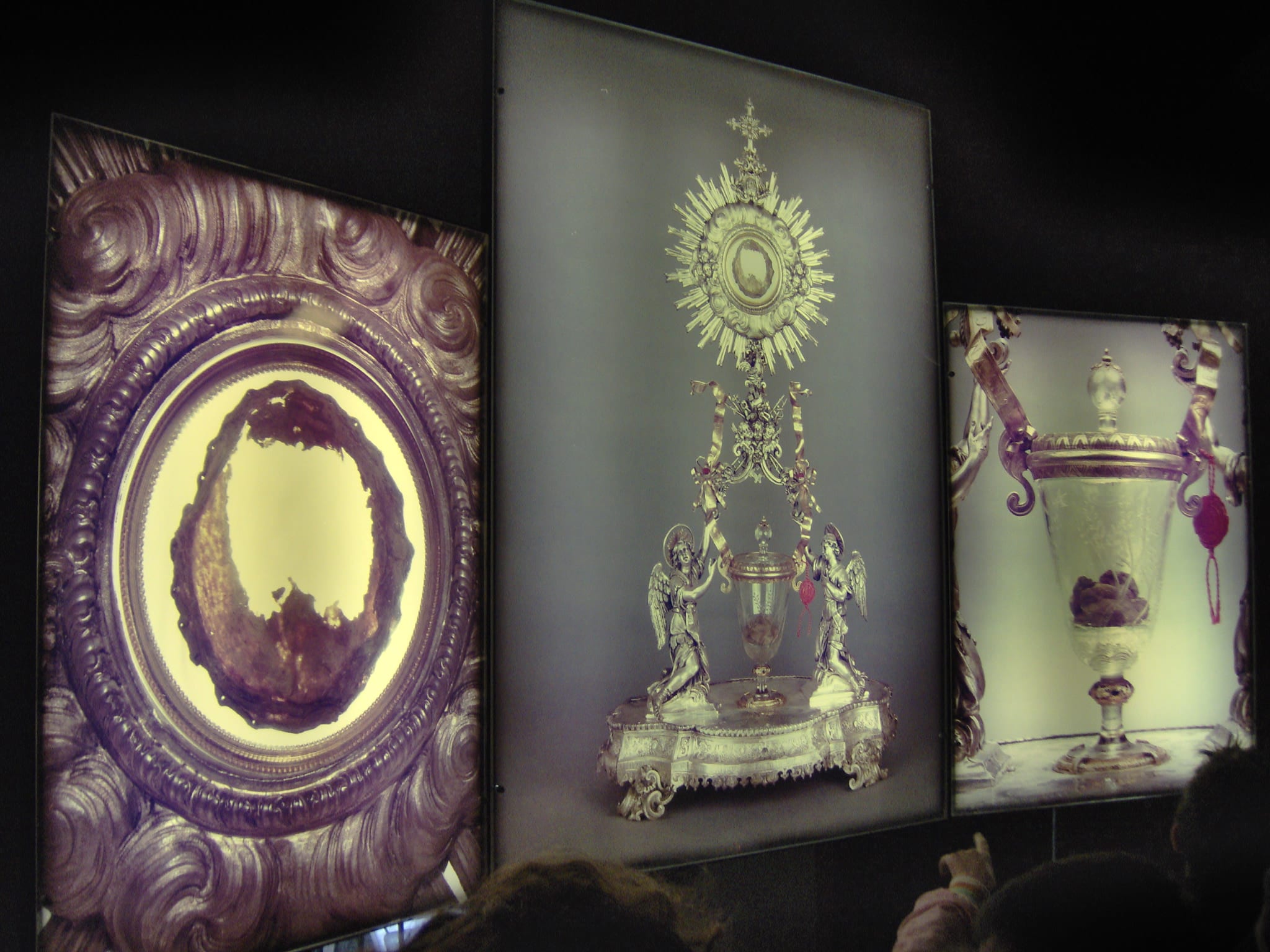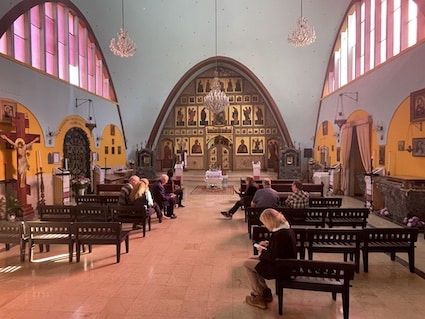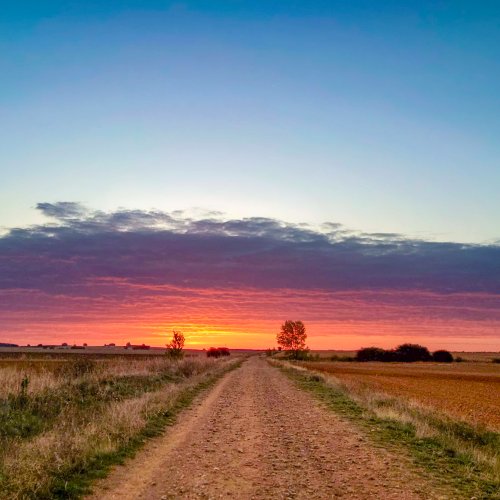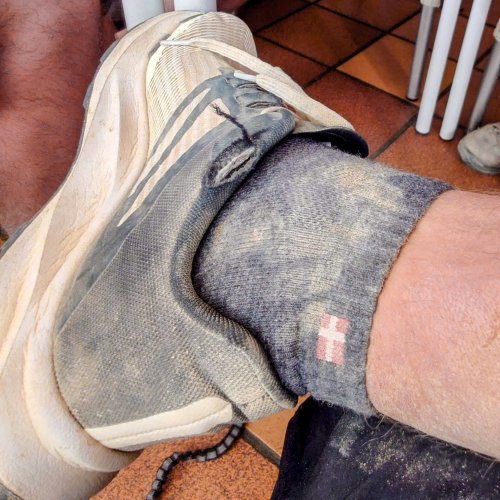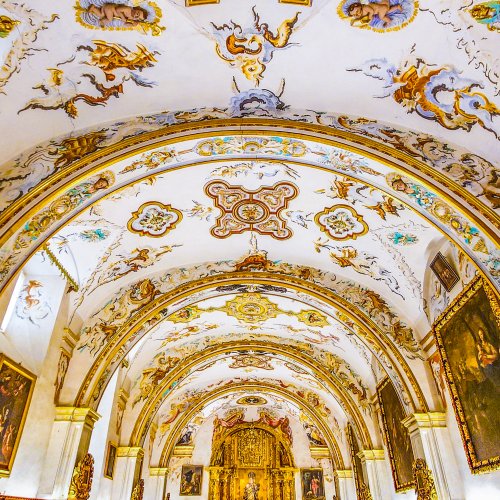- Time of past OR future Camino
- Too many and too often!
An article on the Church Times website today which I found interesting. Focussing on the work of the British Pilgrimage Trust - an organisation which promotes pilgrimage in the UK in a very broad and eclectic sense including pre-Christian sites and a wide range of ritual practices into their journeys. One of their mantras is "Bring your own beliefs". The main question the writer asks is whether this is merely a pale dilution of the concept of pilgrimage - part of the modern spirituality movement's "religion of the self" - or a useful tool for reintroducing a generation with little exposure to formal religious practice to Christian culture. The author tends towards the second view: "Ironically, unfamiliarity with Christianity has created a new and receptive audience for pilgrimage: one with few religious preconceptions or prejudices, and characterised by openness to new, immersive experiences."
I think the same question could equally be applied to the Caminos which over the last thirty years have gone from being an almost exclusively Catholic practice to a much more diverse and less readily classified experience. My own first Camino was bookended by religious inquisitions: in SJPDP I was refused a credencial partly because I did not carry a letter of introduction from a Catholic priest to confirm my bona fide pilgrim status, and before receiving my Compostela in Santiago I spent 20 minutes in earnest theological conversation with a cathedral priest who was intrigued to discover what meaning pilgrimage might have for a Protestant like myself - a very rare breed at that time. I do not think that it is coincidence that the best-selling English language guidebooks for the Caminos were written by someone whose own spiritual and mystical views were formed in the same type of eclectic traditions which underpin much of the BPT's approach.
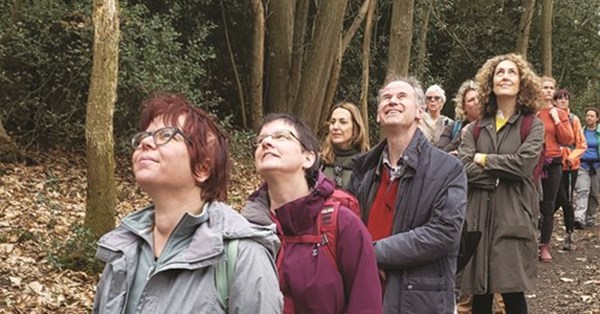
 www.churchtimes.co.uk
www.churchtimes.co.uk
I think the same question could equally be applied to the Caminos which over the last thirty years have gone from being an almost exclusively Catholic practice to a much more diverse and less readily classified experience. My own first Camino was bookended by religious inquisitions: in SJPDP I was refused a credencial partly because I did not carry a letter of introduction from a Catholic priest to confirm my bona fide pilgrim status, and before receiving my Compostela in Santiago I spent 20 minutes in earnest theological conversation with a cathedral priest who was intrigued to discover what meaning pilgrimage might have for a Protestant like myself - a very rare breed at that time. I do not think that it is coincidence that the best-selling English language guidebooks for the Caminos were written by someone whose own spiritual and mystical views were formed in the same type of eclectic traditions which underpin much of the BPT's approach.

Can pilgrimage be evangelistic?
Adapting rituals for a post-secular age can connect people with God, says Anne E. Bailey
Last edited:








